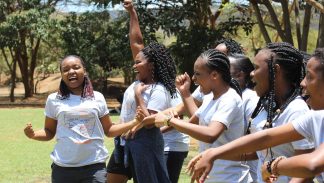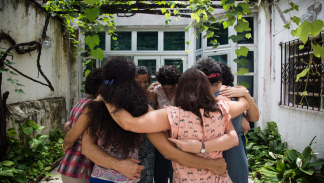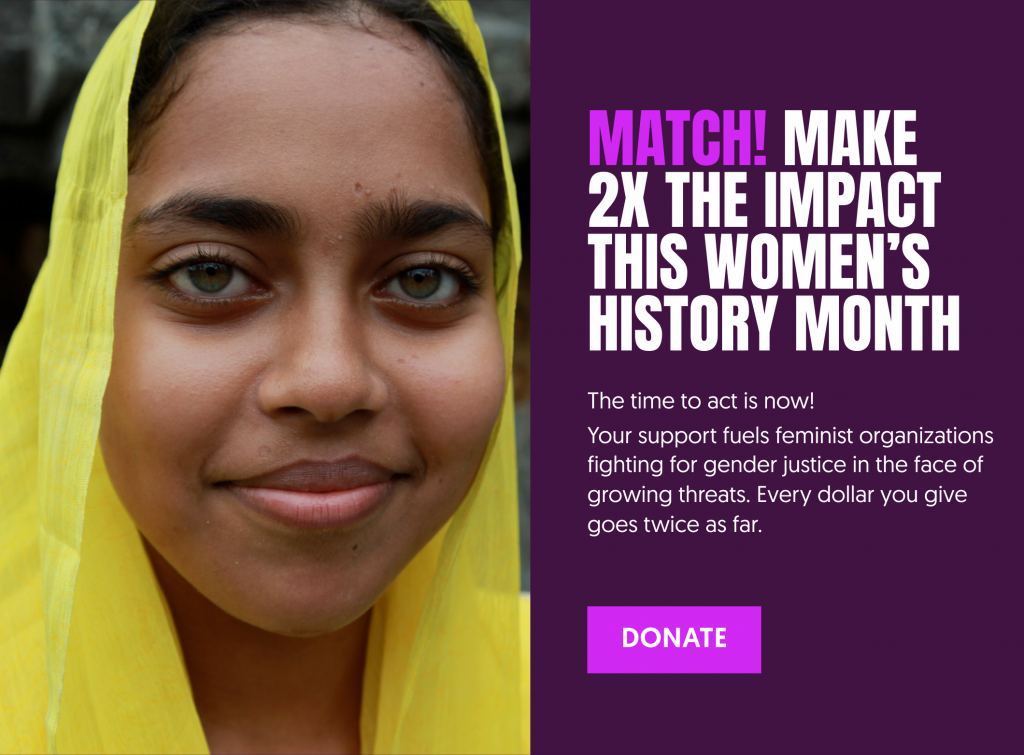Leduvina Guill Zamora
When a little girl was sold to traffickers for $2,000; when a seven-year-old girl was raped by her stepfather; and when a woman was burned and abused by her husband over the course of 30 years, Leduvina Guill Zamora listened solemnly to their stories—then got to work immediately. She stepped in to advocate for girls and women seeking justice for the rights violations they endured. Leduvina currently provides emergency care, shelter, counseling, and other vital support to women and girl survivors of violence through Wangki Tangni, an Indigenous women’s community-based organization.
“We try to be there for the victims all the way through until there is punishment for the crime. If the [local] authorities don’t comply with their obligations, we take it to the municipal authorities,” says Leduvina. It is part of what she calls the “Route to Justice,” a map of the steps women and girls can take to advocate for their rights and access care. For more than a decade, she has accompanied survivors down this path as their fierce advocate.
When she first began her work, Leduvina made herself known in her indigenous community of Miskito people on the North Atlantic coast of Nicaragua by helping women and girls report cases of domestic violence. Her work to support and protect women and girls led the Women’s Network Against Violence—Rio Coco to appoint her as a defender.
As a defender, Leduvina monitors and documents rights violations against women and girls in her community, La Esperanza. In her outreach, she pushes men to change their thinking about women’s rights and to recognize the impact of violence against women. Her vocal advocacy has often been met with backlash. After she publicly denounced rape and human trafficking and called for perpetrators to be held accountable, she received death threats. She had to go into hiding, relying on a network of activist allies in the region to shelter her for weeks at a time. To this day, she stays on the move, relocating from time to time to ensure her security.
“[Fighting violence against women is crucial] because it is about their lives; as a defender you save the lives of women. Rights are very important. Women suffer so much when they have no rights,” says Leduvina.
Leduvina works tirelessly to defend indigenous women and fight for their human rights and justice, and her work has reaped success. In the past decade of her work, she has seen an increase in the reported cases of abuse and violence. “We’re accomplishing our goal—we’re breaking the silence. Now women report violence; women no longer keep it hushed up,” says Leduvina. This progress, as well as the support and defense she and other local activists provide to survivors, has made both Leduvina and the women in her community stronger.
Leduvina also gives talks to young people and families to help start a new conversation about ending violence and abuse. Though her life has been threatened and she has heard countless horrific stories of violence against women, Leduvina persists. “For me, being a human rights defender is something I’m proud of,” says Leduvina.
#DearDefendHer
Show Leduvina and women human rights defenders around the world that you stand with them! Sign our #DearDefendHer solidarity statement today.
As a defender, you save the lives of women. Rights are very important. Women suffer so much when they have no rights.”Leduvina Guill Zamora



